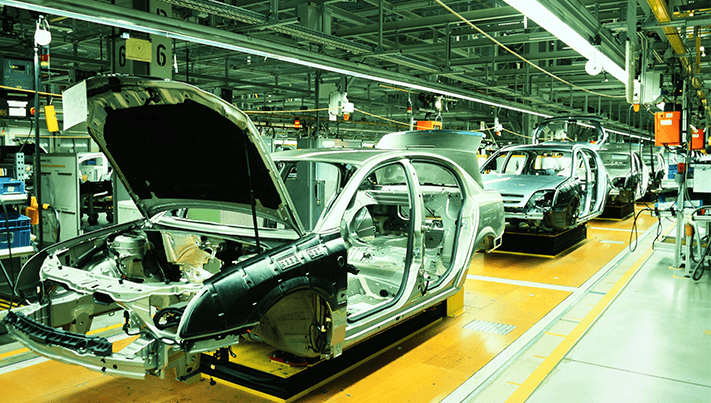
The global AI race is moving faster than ever, with countries competing to become number one, however this rat race could cause disastrous consequences for the world, according to new research from ESCP Europe.
It is understandable that individual countries want to gain the upper hand and secure their spot in the data-oriented value chain of the future. But to truly reap the benefits of AI while mitigating its risks, governments and leading technology firms need to start cooperating, experts warn.
“The share of digital services has risen so much so that digitalisation now accounts for more than 60% of all trade. According to the United States International Trade Commission, by 2025 half all of economic value is expected to be created in the digital sector.
“Still, the true nature of the AI race remains to be seen. It will not be restricted to any single area and the most important factor determining outcomes will be how governments choose to regulate and monitor AI, both domestically and internationally. China, the US, and other participants not only have competing ideas about data, privacy, and national sovereignty, but also different visions of what the twenty-first-century international order should look like and this is concerning”. Says Professor Tse who directs The Master in Digital Transformation Management & Leadership at ESCP Europe.
In addition to the race between countries to establish a competitive advantage, firms are also in competition to recruit AI talent, leverage data advantages, and offer unique services. In response to this, countries now have national AI strategies to boost domestic talent and prepare for the future effects of automation and labour markets. However, they are competing for a limited pool of talent, especially when there will likely be an increase in global demand for cyber security experts.
It is therefore crucial that AI developers, governments, businesses and employers start coordinating on a global level to ensure that new technologies are deployed safely and responsibly.





























